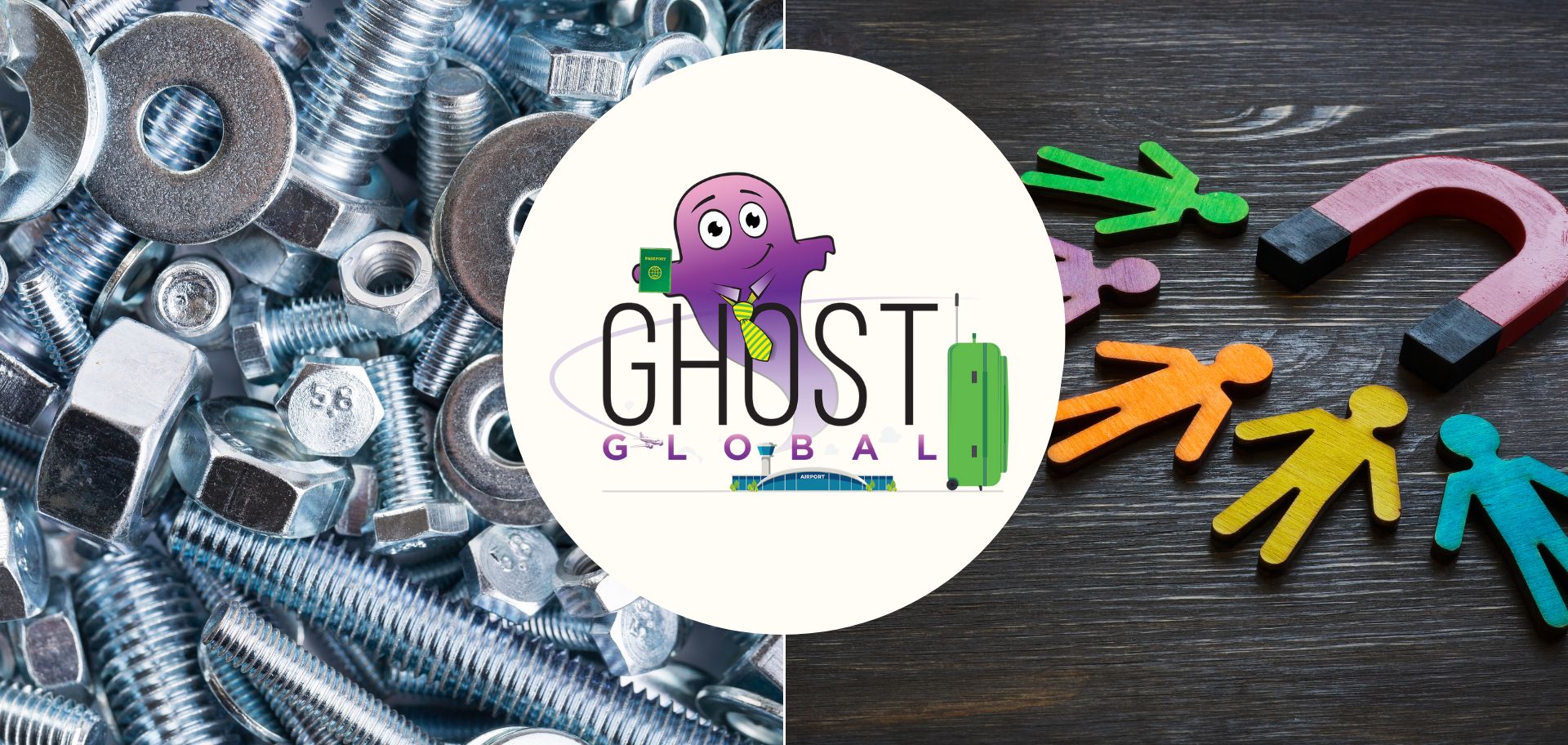If you can’t beat them, join them. Or – in the case of many of the businesses that we’ve covered in Magic Markets Premium – make them join you.
The bolt-on acquisition strategy is a commonly employed approach by large firms seeking to expand their presence or market share within a specific industry. In most cases, this strategy involves the acquisition of a smaller firm that operates within the same industry – often one that was once considered a direct competitor.
The goal? To integrate the acquired firm’s resources, technology and expertise in order to gain a competitive advantage, all while neatly mopping up a competitor’s share of paying customers.
It’s a little bit like forming a coalition in government, except in most bolt-on cases, the merger actually benefits the consumer and makes their life more convenient.
Does that mean every bolt-on acquisition is a guaranteed success? Of course not. If it were that simple, we’d probably be living in a world where three mega-companies own every other business ever conceived. Bolt-ons can be beautiful, but they can also be a serious drag on their parent companies.
Let’s dive into two examples from opposite ends of the spectrum:
Salesforce: yes, you can pay too much for a good thing
Salesforce was born and raised in the heart of Silicon Valley, a region renowned for its dynamic and fast-paced environment. This has cultivated a culture where the pursuit of growth takes centre stage, often at the expense of other considerations. Like many of its contemporaries in the tech field, Salesforce is a bit of an expansion-junkie, relentlessly striving to own more of the playing field – and sometimes disregarding the potential consequences.
The “land grab” strategy employed by Salesforce in its aggressive quest to dominate market share introduces multiple risks for shareholders. The exorbitant costs associated with these bolt-on acquisitions and the subsequent pressure to demonstrate returns on investment can lead to potentially unfavourable outcomes when investors start to put the screws on management. Or even the bolts.

In our report, we highlighted that Salesforce currently finds itself navigating a slower growth environment, necessitating a shift in focus towards profitability. As the company adjusts its strategies to maintain sustainable growth, there is a need to recognise the importance of balancing expansion with financial prudence.
Will they be able to kick the bolt-on habit and get their heads back in the game? Only time (and the balance sheet) will tell on that one. It’s not that the deals have been bad, but rather that the pricing has simply been too rich.
Nuts and bolt-ons: they just go together at Home Depot
When bolt-ons work, they work well. Perhaps our favourite example of this comes from our recent report on Home Depot.
Home Depot’s claim of a 17% market share within a massive $950 billion total addressable market is a notable accomplishment. However, there is still significant room for further growth and expansion. Based on our research covering over 80 companies in Magic Markets Premium, we’ve noticed that the leading company in any given industry can usually command over 20% market share.

This indicates that there is ample space for Home Depot to increase its presence and capture a larger market share. And what would be a smart way for them to gain that extra 3%? You guessed it – bolt-ons.
Over the past decade, the company has completed a total of 13 acquisitions. That’s an average of more than one bolt-on acquisition per year. These acquisitions have served as a means for Home Depot to expand its reach, venture into new markets, and integrate complementary businesses to strengthen its overall market position, all without betting the farm on one given deal or losing focus on the core business.
This approach aligns with the company’s objective of proactive expansion, allowing it to leverage its existing infrastructure, supply chain, and customer loyalty to drive growth in new markets. The assimilation of these acquired companies also enables Home Depot to benefit from economies of scale, operational efficiencies, and increased bargaining power with suppliers.
By focusing on acquiring companies that not only make sense under its brand but also add value to its customer base, Home Depot is winning the bolt-on game.
With well over 80 research reports on global stocks available in the library, a subscription to Magic Markets Premium for just R99/month gives you access to an exceptional knowledge base that has been built since we launched in 2021. Consider it a bolt-on to your existing investment knowledge!
There is no minimum monthly commitment and you can choose to access the reports in written or podcast format – whatever floats your boat. Sign up here and get ready to learn about global companies>>>



